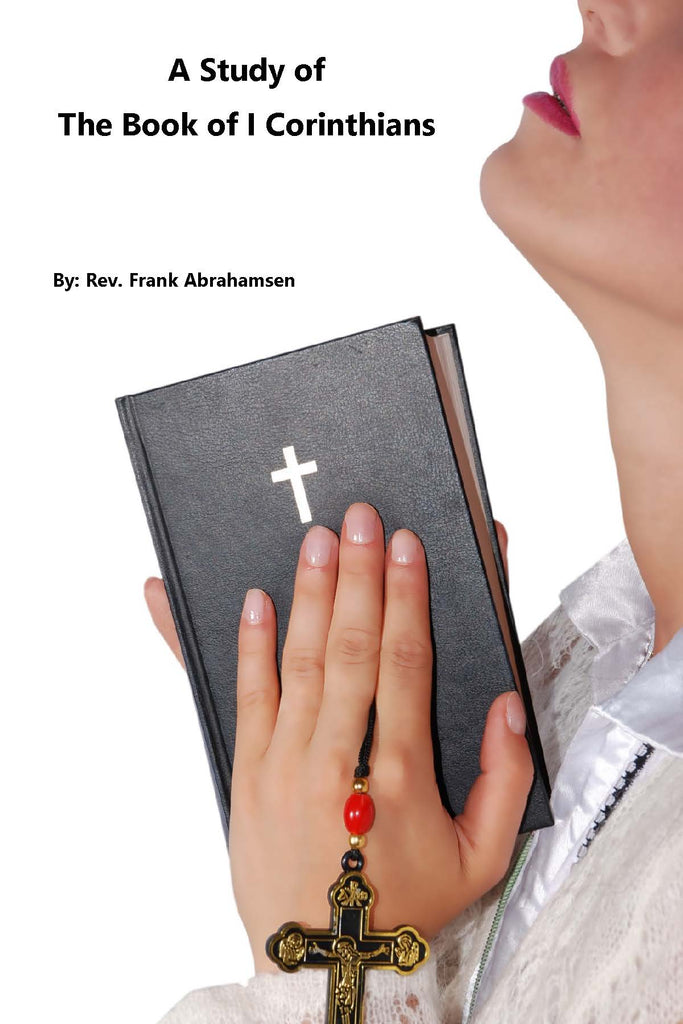
A Study of The Book of I Corinthians
$ 3.00 $ 9.00
I Corinthians
The apostle Paul is accepted by most theologians as being the author
of the Epistle to the Corinthians. He may have written the epistle as
early as 54 AD. Paul wrote the epistle near the end of his three year
stay in Ephesus. He was departing for Macedonia. Paul
had stayed at Corinth for a year and a half. (Acts 18:11)
I Corinthians 16:8 “But I will tarry at Ephesus until Pentecost.”
Act 20:31 “Therefore watch, and remember, that by the space of
three years I ceased not to warn every one night and day with tears.”
I Corinthians 16:5 “Now I will come unto you, when I shall pass
through Macedonia: for I do pass through Macedonia.”
Four letters to the Corinthians are mentioned in scripture: the first has
been lost. The second letter is actually I Corinthians. The third letter
was also lost and the fourth is II Corinthians.
I Corinthians 5:9-11 “I wrote unto you in an epistle not to company
with fornicators: (10) Yet not altogether with the fornicators of this
world, or with the covetous, or extortioners, or with idolaters; for then
must ye needs go out of the world. (11) But now I have written unto
you not to keep company, if any man that is called a brother be a
fornicator, or covetous, an idolater, or a railer, or drunkard, or an
an extortioner; with such an one no not to eat.”
I Corinthians 7:1 “ Now concerning the things whereof ye wrote
unto me: It is good for a man not to touch a woman.”
These verses from I Corinthians refer to a previous epistle.
Corinth was a prosperous city; land routes and sea routes met in
Corinth thus building a thriving metropolis. Corinth was the capital
of Achaia, a Roman province. Corinth was noted for being a vile
wicked city; sin was commonplace, a ritual of worship. The goddess of love, Aphrodite, was worshiped and prostitutes were used as part
of the worship. This type of behavior was not only accepted but was
encouraged. Corinth was a city of ill-repute; its inhabitants were
thought to have been immoral wicked people. the leaders of Corinth
were long-winded in their pseudo-intelligent defense of their worship
and morality.